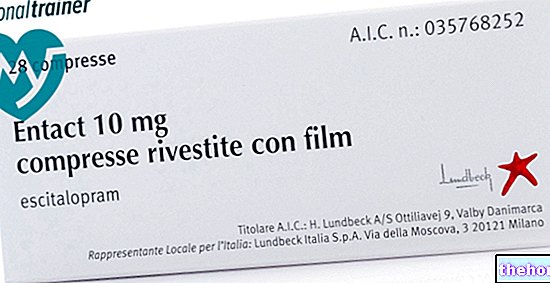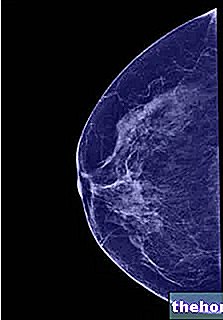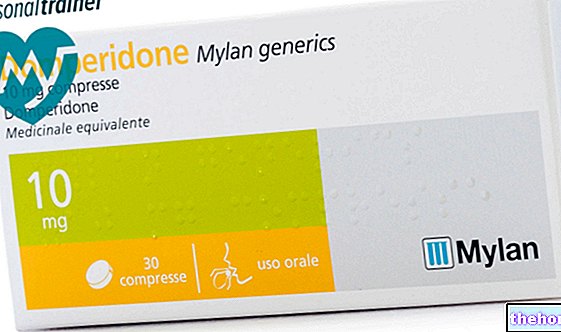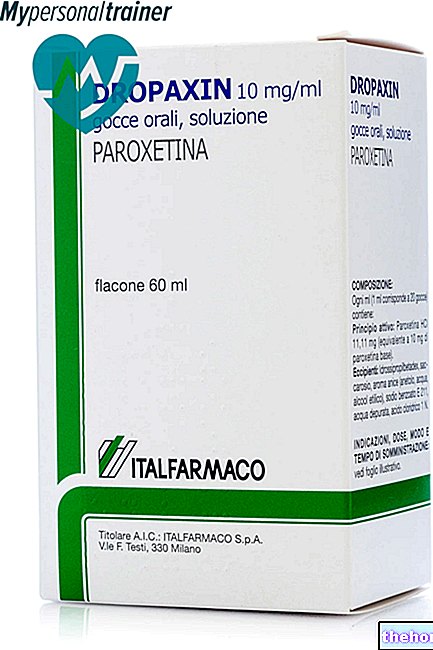
Scientific name
Cephaelis ipecacuanha
Family
Rubiaceae
Origin
central America
Parts Used
Root drug (Pharmacopoeia)
Chemical constituents
- Alkaloids (in particular emetine, psychotrine, cefeline);
- Saponins;
- Mucilage;
- Iridoid glycosides;
- Tannins;
- Ipecacuanic acid;
- Monoterpenic alkaloids.
Ipecacuana in Herbalist: Property of the Ipecacuana
The ipecac was used as an expectorant in relation to the content of emetine, an alkaloid with an irritative action that determines a fluidification of the bronchopulmonary secretion, facilitating its expulsion with a cough. At doses higher than those expectorants it becomes irritating to the stomach, causing vomiting; currently ipecac is used only as a syrup to induce vomiting after ingestion of toxic substances.
Contraindications
Prolonged use of ipecac is contraindicated in case of organic heart disease. All emetics are contraindicated when corrosive have been ingested, because they determine a new contact with the esophageal mucosa. Avoid the use of ipecac in case of ascertained hypersensitivity to one or more components.
Pharmacological interactions
- the use of ipecac in strychnine poisonings may be responsible for convulsions.


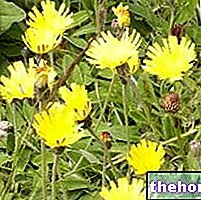
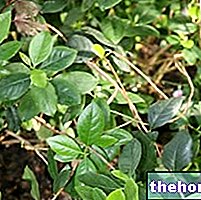



















-e-trattamento-con-il-taping-kinesiologico-.jpg)
